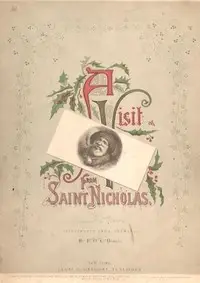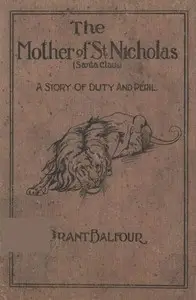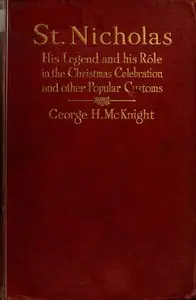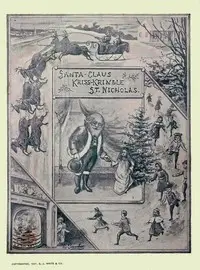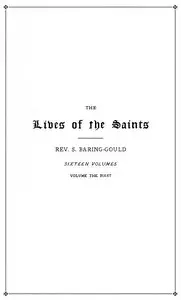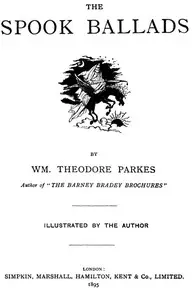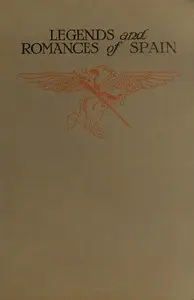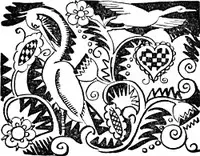"The Book of Saint Nicholas" by James Kirke Paulding is a historical exploration of Saint Nicholas through stories and cultural observations. The story focuses on Nicholas, showcasing his good qualities and how his reputation grew, especially with gift-giving customs. Beginning with the author's encounter where he's tasked to write about the saint, the narrative unfolds with tales of Nicholas's life, from his start as a kind baker giving treats to children, to acts that solidify his legendary status. The book is full of humor, offering a look into the saint's personality and the cultural context of his time.
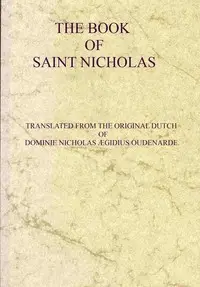
The book of Saint Nicholas
By James Kirke Paulding
A beloved saint's story unfolds with generosity and cheer, revealing the origins of holiday magic and traditions.
Summary
About the AuthorJames Kirke Paulding was an American writer and, for a time, the United States Secretary of the Navy. Paulding's early writings were satirical and violently anti-British, as shown in The Diverting History of John Bull and Brother Jonathan (1812). He wrote numerous long poems and serious histories. Among his novels are Konigsmarke, the Long Finne (1823) and The Dutchman's Fireside (1831). He is best known for creating the inimitable Nimrod Wildfire, the "half horse, half alligator" in The Lion of the West (1831), and as collaborator with William Irving and Washington Irving in Salmagundi. (1807–08). Paulding was also, by the mid-1830s, an ardent and outspoken defender of slavery, and he later endorsed southern secession from the union.
James Kirke Paulding was an American writer and, for a time, the United States Secretary of the Navy. Paulding's early writings were satirical and violently anti-British, as shown in The Diverting History of John Bull and Brother Jonathan (1812). He wrote numerous long poems and serious histories. Among his novels are Konigsmarke, the Long Finne (1823) and The Dutchman's Fireside (1831). He is best known for creating the inimitable Nimrod Wildfire, the "half horse, half alligator" in The Lion of the West (1831), and as collaborator with William Irving and Washington Irving in Salmagundi. (1807–08). Paulding was also, by the mid-1830s, an ardent and outspoken defender of slavery, and he later endorsed southern secession from the union.

